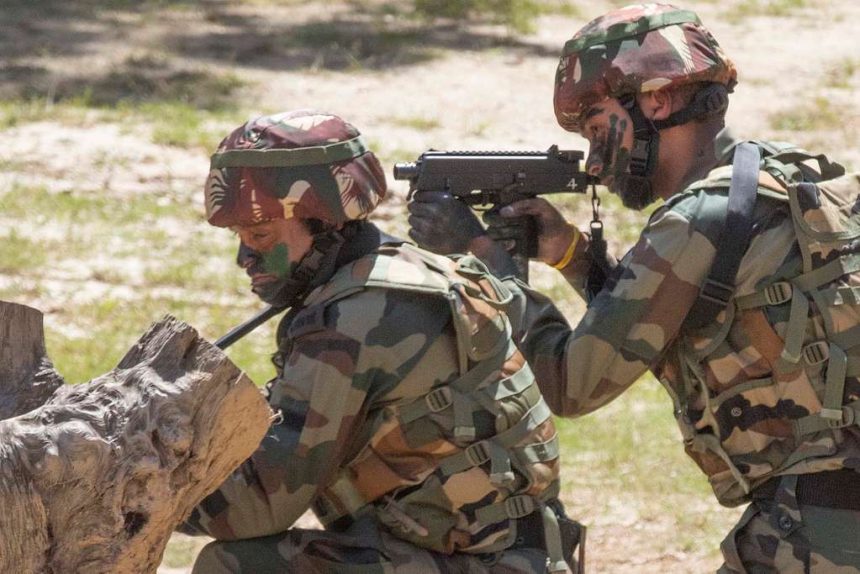Tensions between Pakistan and India have reached a critical point following a deadly attack in Indian-administered Kashmir. Pakistan claims to possess “credible intelligence” indicating that India is planning a military strike within the next 24 to 36 hours. This assertion comes in the wake of the April 22 attack in Pahalgam, which resulted in the deaths of 26 civilians, predominantly Hindu tourists.
Pakistan’s Intelligence Claims and Preparedness
On April 30, Pakistan’s Information Minister, Attaullah Tarar, announced that Islamabad has credible intelligence suggesting an imminent Indian military strike. He stated that Pakistan is prepared to respond decisively to any aggression, emphasizing the nation’s readiness to defend its sovereignty. Defense Minister Khawaja Asif further warned that any existential threat could prompt a comprehensive response, including the potential use of nuclear weapons.
India’s Position and Military Readiness
In response to the Pahalgam attack, Indian Prime Minister Narendra Modi granted the military full operational freedom to retaliate, including determining the method and timing of any response. While India has not publicly identified the group responsible, it has named three suspects, including two Pakistani nationals, and accused Pakistan of supporting cross-border terrorism. India has also taken several measures, such as suspending the Indus Waters Treaty, expelling Pakistani diplomats, and closing its airspace to Pakistani aircraft.
International Reactions and Calls for Restraint
The escalating tensions have drawn concern from the international community. The United Nations and the United States have urged both nations to exercise restraint and avoid further escalation. Pakistan has reached out to UN Secretary-General António Guterres, seeking intervention to de-escalate the situation.
Ongoing Skirmishes and Civilian Impact
Cross-border skirmishes along the Line of Control have intensified, with both sides accusing each other of initiating fire. Residents near the border are preparing for potential conflict, with some constructing underground bunkers for protection. The situation has also led to disruptions in daily life, including visa suspensions, border closures, and economic impacts.
Outlook
As both nuclear-armed nations brace for potential military engagement, the risk of miscalculation and unintended escalation remains high. The international community continues to monitor the situation closely, advocating for dialogue and peaceful resolution to prevent a full-scale conflict.










